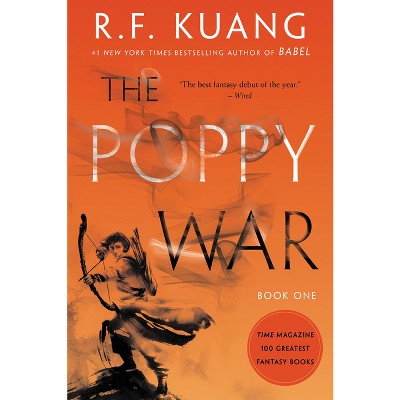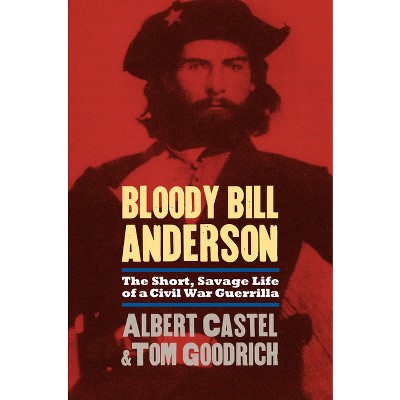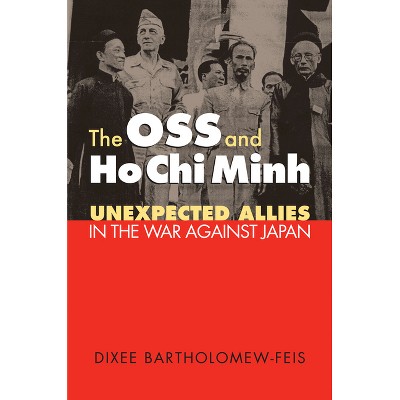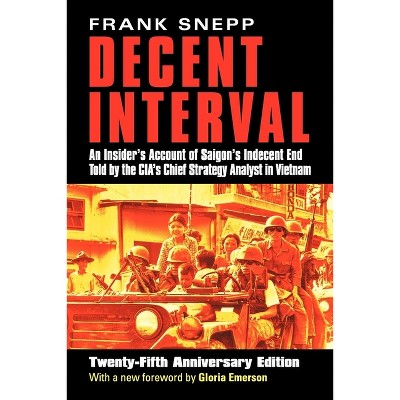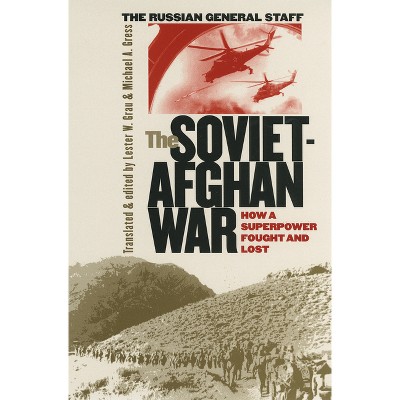Sponsored

Shadow on the White House - (Modern War Studies) by David L Anderson (Paperback)
In Stock
Sponsored
About this item
Highlights
- Harry Truman's administration began searching for an American response to the clash in Indochina between Frech colonialism and Vietminh communism in 1945.
- Author(s): David L Anderson
- 232 Pages
- History, Asia
- Series Name: Modern War Studies
Description
About the Book
Seven prominent historians examine how the leadership of six presidents and an issue that grew into a difficult and often unpopular war shaped each other. In their analyses, they chronicle the history of executive leadership as it related to Vietnam, assess presidential prerogatives and motives on war and peace issues, and clarify the interconnection between the modern presidency and the nation's frustrating, tragic, and humiliating failure in Southeast Asia.Book Synopsis
Harry Truman's administration began searching for an American response to the clash in Indochina between Frech colonialism and Vietminh communism in 1945. Thirty years and five administrations later, Gerald Ford and his aides tried unsuccessfully to solicit additional aid for South Vietnam from a reluctant Congress. For Truman, Ford, and every American leader in between, the dilemma in Vietnam hung ominously over the presidency. In Shadow on the White House, seven prominent historians examine how the leadership of six presidents and an issue that grew into a difficult and often unpopular war shaped each other. Focusing on the personalities, politics, priorities, and actions of the presidents as they confronted Vietnam, the authors consider the expansion of presidential power in foreign-policy formulation since World War II. In their analyses, they chronicle the history of executive leadership as it related to Vietnam, assess presidential prerogatives and motives on war and peace issues, and clarify the interconnection between the modern presidency and the nation's frustrating, tragic, and humiliating failure in Southeast Asia. Although other histories have been written about the Vietnam experience, this book is the first systematic and comparative survey on presidential leadership as it relates to the war issue. It is organized by presidential administrations, giving a detailed examination of each president's decisions and policies. Based on the most recently opened archival sources, the essays provide a framework on which to hang the kaleidoscopic events of the war.Review Quotes
"These essays provide a solid and effective introduction to the presidency and the Vietnam War. Given the substantial literature on the subject, the book provides a service to readers seeking to understand the tortuous path that took us into Southeast Asia."--Journal of Military History
"Anderson and his collaborators have provided an important addition to the vase literature on the Vietnam war."--Pacific Historical Review
"Anyone interested in the war can learn from this book. The writing is succinct and crisp, the narratives easily followed, and analyses sound and to the point."--Intelligence and National Security
"This compilation of essays by Anderson and other noted presidential scholars provides superbly researched and richly detailed accounts of how six successive US Presidents grappled unsuccessfully with the war in Vietnam."--War, Literature, and the Arts
"I recommend this book to all students and scholars of the Vietnam War. The essays combine originality and analytic cogency in chronicling the expansion of presidential power and the war in Vietnam."--Larry Berman, author of Lyndon Johnson's War: The Road to Stalemate in Vietnam
"A fine collection of essays by leading scholars of the Vietnam War. Focusing on the presidents who made and executed United States policy, the authors frequently provide fresh insights into the conflict and its impact on the presidency. This book should enliven and enrich what is fast becoming America's longest debate."--Andrew J. Rotter, author of The Path to Vietnam: Origins of the Commitment to Southeast Asia
